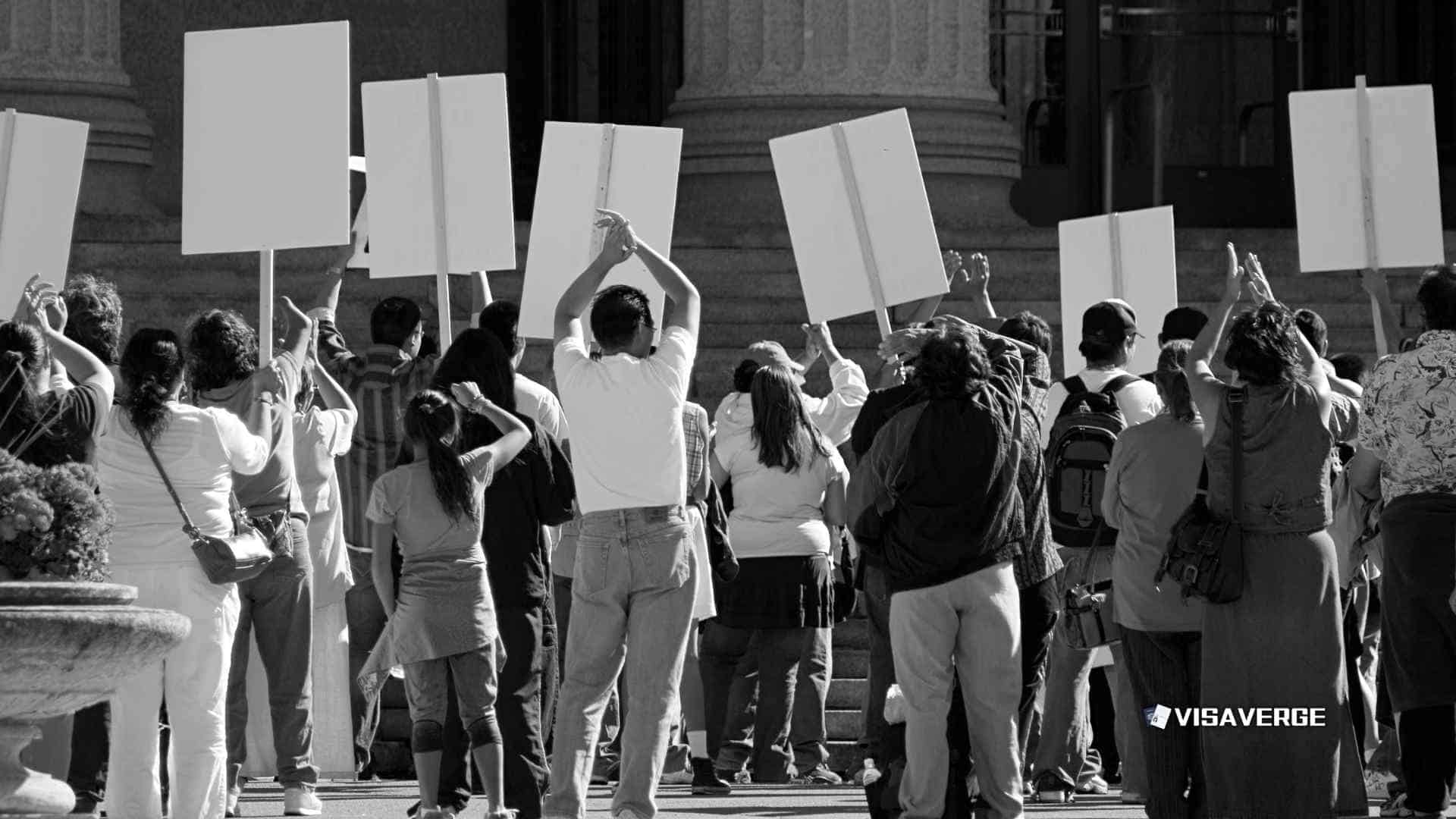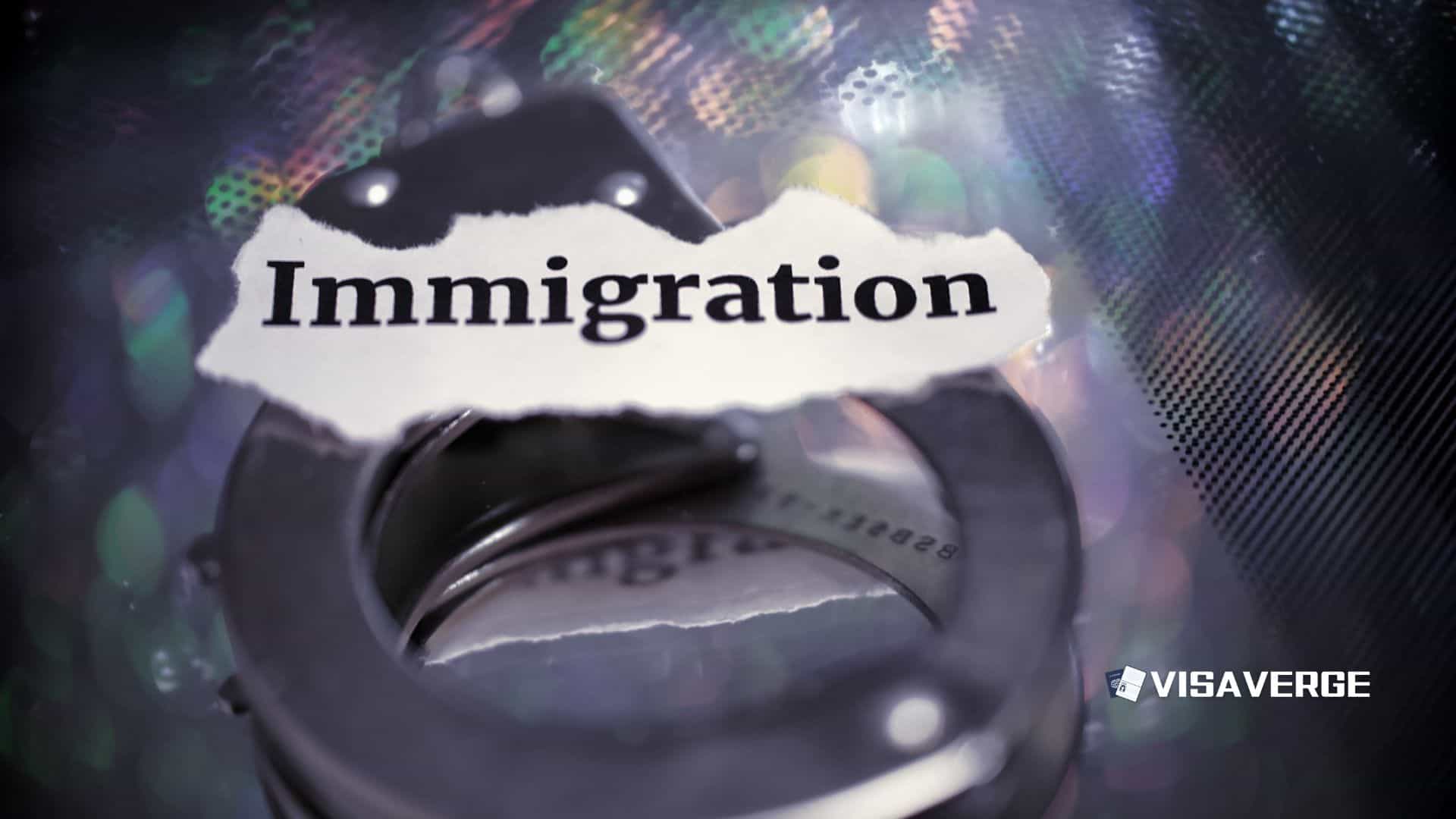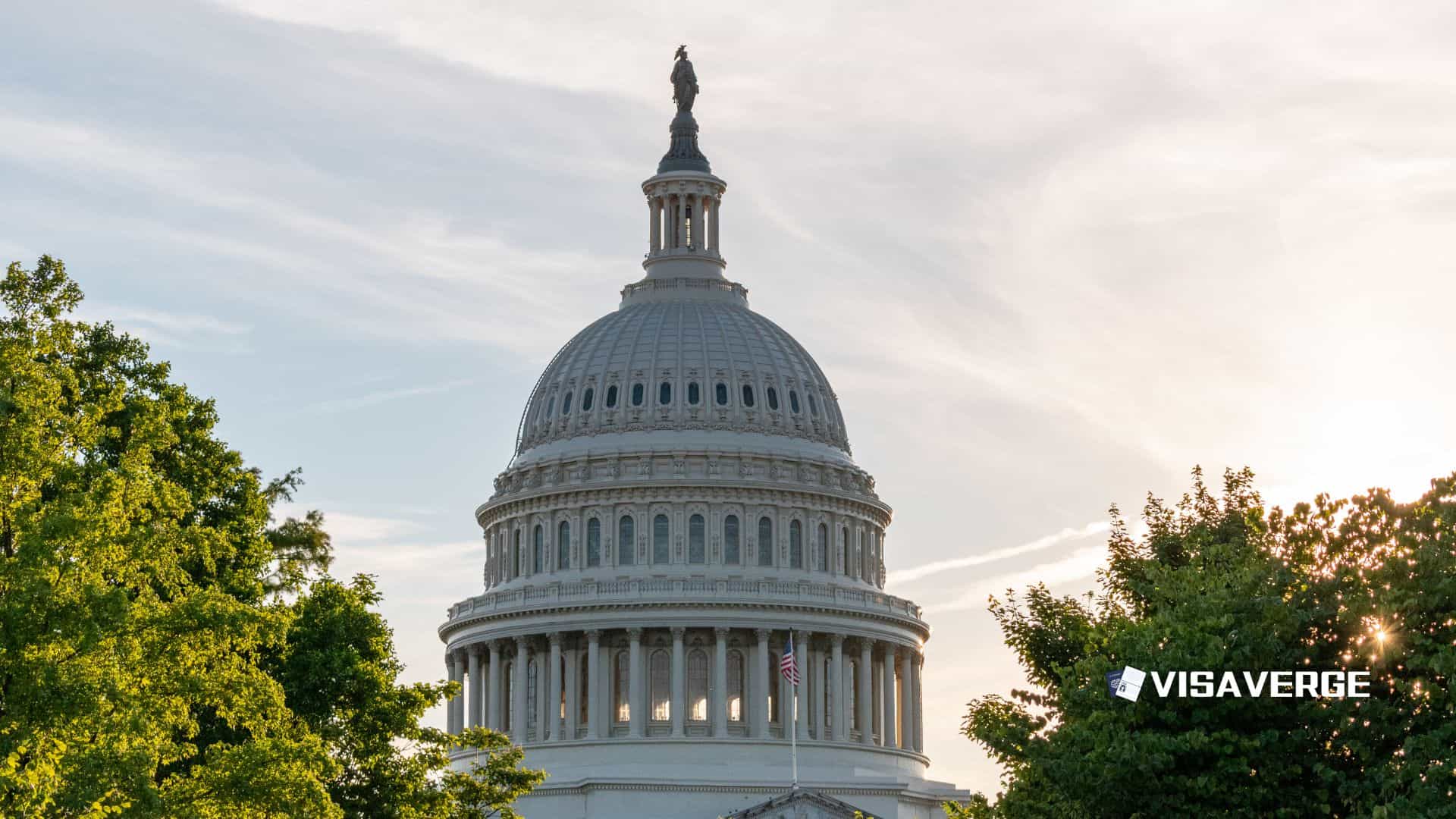(INDIANA, UNITED STATES) Indiana State Representative Andrew Ireland has criticized Indiana University for posting a job that he says was aimed at H-1B visa holders instead of local graduates, drawing attention to how a public employer hires for non-faculty roles. The opening, a $68,000 “marketing generalist” position, was highlighted by Ireland as an example of what he called a “woke mind virus,” arguing that a state university should first seek to place Indiana-trained talent into roles that don’t require niche expertise. His comments, made in social media posts and interviews, have sparked a wider debate over who benefits from university hiring and how federal work visas are used in higher education settings.
Ireland’s main criticisms

Ireland said the university’s approach is “frustrating,” adding that public institutions are meant to educate and then hire from their own communities where possible. He pointed to a broader pattern, saying more than 220 H-1B applications were filed this year by universities and colleges in the state for positions including:
- Librarian
- Marketing instructor
- Marketing generalist
“When a role doesn’t require rare skills, it should go to an Indiana graduate,” Ireland argued, suggesting the job posting sends the wrong message to students who expect a fair shot at public sector and campus roles after they finish their degrees.
How the H-1B program works (brief overview)
The H-1B visa allows U.S. employers to hire foreign professionals in “specialty occupations,” a legal term generally meaning roles that require at least a bachelor’s degree in a specific field. Universities and certain nonprofit research organizations are cap-exempt, meaning they can file for these visas year-round rather than compete in the annual lottery that private companies face.
Key procedural steps and references:
- Employers must secure a certified Labor Condition Application.
- Then file Form I-129 to petition for a worker — this process includes wage requirements and attestations about work conditions.
- Official USCIS guidance: https://www.uscis.gov/working-in-the-united-states/temporary-workers/h-1b-specialty-occupations
- Form I-129 information and form: https://www.uscis.gov/i-129
Why this is politically and socially sensitive
Ireland’s criticism lands at a moment when public sentiment about foreign hiring can shift quickly, especially when jobs are seen as generalist or administrative rather than laboratory-heavy or highly technical. He noted that the roles he flagged—marketing and library work among them—don’t look like the specialty occupations that people usually associate with the H-1B program.
“If our state university is filling jobs like ‘marketing generalist’ with visa holders, what are we telling Indiana students who just graduated with marketing degrees?”
The claim echoes concerns from lawmakers in other states, who say the line between “specialty” and “generalist” can be blurry when hiring on campus.
Arguments in favor of campus H-1B hiring
Supporters point out several reasons universities hire internationally for both faculty and staff:
- Universities recruit globally for faculty and research roles to remain competitive.
- International hires can bring skills or experience that help departments meet unique needs.
- A lawful H-1B hire does not prevent local graduates from applying for the same job.
- The H-1B process includes wage and compliance checks intended to avoid undercutting U.S. workers.
- Some administrative roles overlap with strategic communications, data analysis, or specialized software—areas that may require niche skills depending on market conditions.
Opposing view: crowding out local graduates
Opponents, including Ireland, argue:
- The H-1B was intended to fill gaps in high-skill fields where employers cannot find talent, not to cover standard campus jobs.
- Increased filings among public employers could crowd out entry-level opportunities for local graduates who fund the system with tuition and taxes.
- Public institutions should prioritize local graduates especially for non-technical roles.
“I’m producing capable graduates every year. A state university should start with them,” Ireland said, urging closer review of hiring policies at public institutions.
The legal gray area: what is a “specialty occupation”?
Federal rules do not list specific job titles that qualify; the focus is on whether a bachelor’s degree in a specific field is normally required. This creates a gray area:
- A marketing generalist role can include tasks from copywriting to analytics to campaign management.
- In some workplaces such a role may require specialized training or certifications; in others, it may not.
- Disputes often hinge on how an employer writes the job description and supports the degree requirement with market data or industry standards.
- Analysis by VisaVerge.com shows petitions often turn on the specificity of the job description and supporting evidence.
Impact on students and campus community
Students and recent graduates are feeling the effects:
- One senior studying marketing in Bloomington said friends are anxious about competition for campus jobs that often serve as stepping stones.
- “We love IU and want to work here,” she said, asking to remain anonymous because she hopes to apply for university roles.
- “It’s hard to hear that a job like this might not even be aimed at us.”
- International students note their own hurdles with work authorization and tight timelines after graduation, viewing campus roles as among the few steady paths.
This tension highlights how complex hiring has become at large public universities.
Institutional perspectives and enforcement
- Human resources officers at public universities argue they need flexibility to recruit year-round and pursue the best candidate for roles, whether local or international.
- Labor advocates counter that postings suggesting a preference for visa holders discourage local applicants and erode public trust.
Ireland has called for greater transparency around job postings and visa use at public employers in Indiana and urged oversight bodies to review whether job descriptions meet the statutory standard for a specialty occupation. Under federal law, employers must:
- Pay at least the prevailing wage
- Maintain records showing compliance
- Demonstrate if a role truly requires a specific degree for the petition to proceed
Critics say stronger enforcement of these guardrails in the public sector is needed to protect early-career workers.
Current status and likely developments
Indiana University did not release a public statement in response to the lawmaker’s comments at the time of publication. In prior discussions at other institutions, university leaders have defended global hiring as part of their public mission, citing the need to recruit widely and deliver top education and services to students.
The clash between open global hiring and local placement goals remains unresolved and is likely to resurface when the next campus job posting tests the boundaries of H-1B practice.
This Article in a Nutshell
Indiana Rep. Andrew Ireland criticized Indiana University for advertising a $68,000 marketing generalist role he says targets H-1B visa holders instead of state graduates, amid more than 220 H-1B filings by state institutions this year. Universities argue cap-exempt status allows year-round hiring to meet specialized needs and that compliance safeguards exist. Opponents want greater transparency and enforcement to ensure public institutions prioritize local graduates for non-technical roles. The case underscores legal ambiguity over what qualifies as a specialty occupation.













